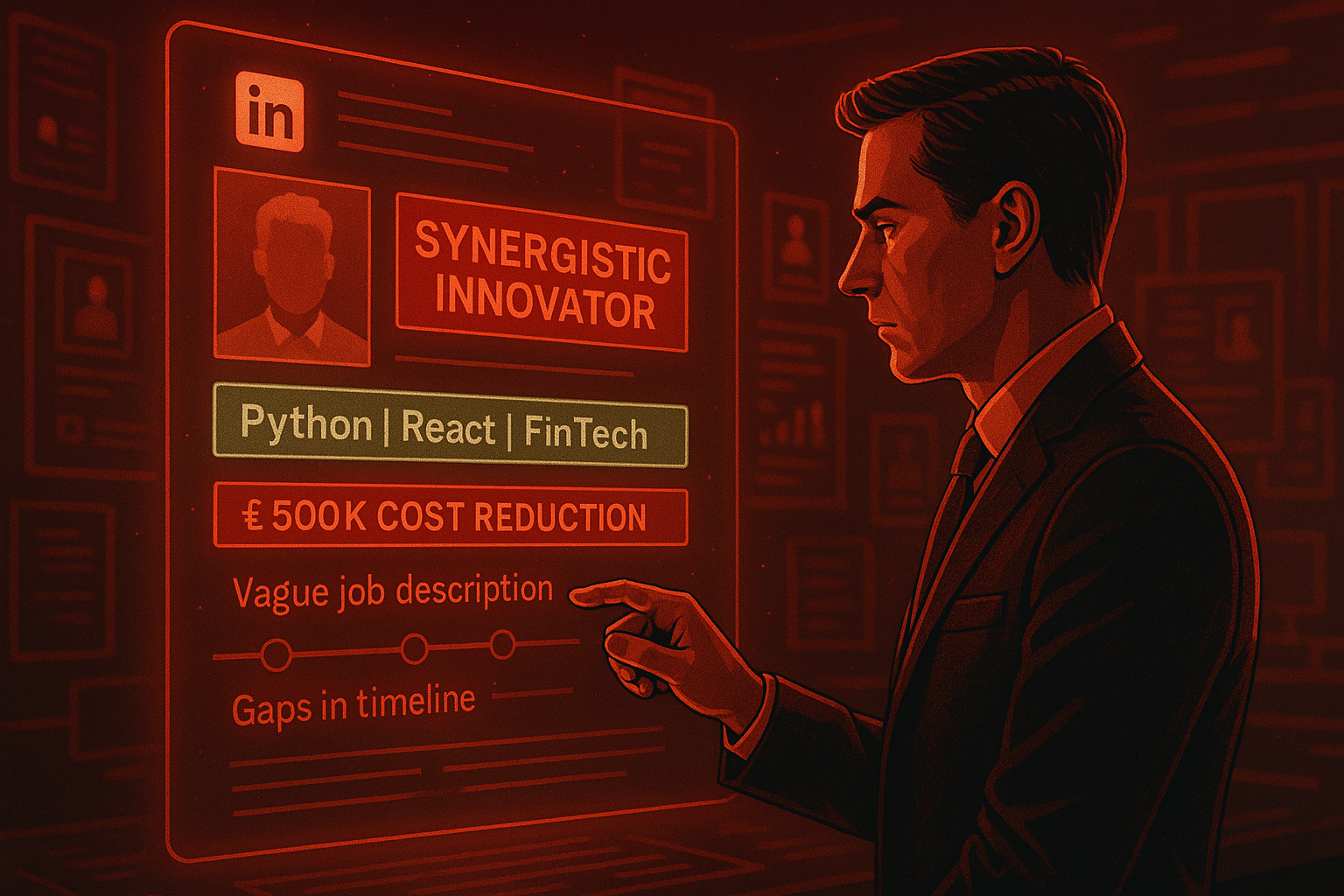The Growing Demand for Flexible F&O Talent: How Companies Are Rethinking Their ERP Staffing Strategy Amid Rapid Digital Transformation
The enterprise landscape is undergoing a significant digital transformation, with Finance & Operations (F&O) systems at the heart of this evolution. As organizations undergo ERP implementations, upgrades, and optimizations, securing the right talent capable of adapting to rapidly changing business needs and technological environments has become a critical challenge.
The Digital Transformation Imperative
Today’s enterprises are asking how quickly they can execute digital transformation effectively, not if they should do so. Key drivers include:
- Competitive pressure to modernize legacy systems
- Regulatory requirements for enhanced reporting and compliance
- Customer expectations for seamless, integrated experiences
- Operational efficiency needs in a cost-conscious environment
F&O systems serve as the backbone for critical business processes, including financial management, supply chain operations, HR, and CRM, making them a focal point in this transformation.
The F&O Talent Challenge: Beyond Traditional Hiring
The traditional ERP staffing approach of hiring permanent employees with specific system expertise is no longer sufficient for today’s dynamic transformation landscape. Staffing needs fluctuate across different digital journey phases:
Greenfield Implementations
ERP deployments demand specialized expertise for system design, configuration, and deployment. These projects require deep technical knowledge but have finite timelines, making permanent hires inefficient.
System Upgrades and Migrations
Upgrading or migrating from legacy systems requires specialists who understand both old and new environments. Challenges include data migration, customization updates, and user training.
Continuous Optimization
Post-implementation, ongoing expertise is needed to maximize system value, adapt to business changes, and implement new features. This phase requires process improvement and system enhancement skills.
The Rise of Flexible Staffing Models
To address the evolving talent needs, organizations are embracing hybrid staffing strategies, combining permanent employees, contractors, and specialized consultants. This approach offers several advantages:
Risk Mitigation
Diversifying the talent pool helps companies reduce dependency on individual employees and adapt to changing project requirements.
Cost Optimization
Flexible staffing enables companies to scale expertise up or down based on project phases, avoiding the costs of maintaining specialized skills that may not always be needed.
Access to Specialized Expertise
Contractors and consultants bring experience from various industries, offering insights and best practices that internal teams may lack.
Faster Time-to-Value
Experienced specialists accelerate project timelines, helping organizations realize ERP investment benefits more quickly.
The Hybrid Cloud Complexity Factor
Modern ERP implementations often involve hybrid cloud environments, adding complexity to staffing requirements. Key challenges include:
- Multi-cloud architectures across vendors and platforms
- Integration between cloud-based and on-premise systems
- Security and compliance considerations for data in multiple environments
These challenges demand specialists with expertise in both functional F&O systems and hybrid infrastructures.
Key Skills in High Demand
Organizations are seeking flexible F&O talent with the following skills:
Technical Adaptability
- Experience with multiple ERP platforms (SAP, Microsoft Dynamics, Oracle)
- Cloud architecture and integration expertise
- Data analytics and reporting skills
Business Process Expertise
- Cross-functional knowledge spanning finance, operations, and supply chain
- Change management experience
- Industry-specific regulatory knowledge
- Process optimization skills
Soft Skills for Dynamic Environments
- Quick integration into new organizational cultures
- Strong communication and stakeholder management abilities
- Project management experience
- Mentoring and knowledge transfer capabilities
Strategic Considerations for Flexible F&O Staffing
Building Internal Capabilities
While external talent offers immediate expertise, organizations should focus on building internal capabilities by:
- Including knowledge transfer in contractor agreements
- Pairing external experts with internal team members in mentoring programs
- Maintaining documentation standards for institutional knowledge retention
Vendor and Partner Relationships
Establishing partnerships with specialized recruitment firms can help access pre-vetted talent and reduce time-to-hire for critical roles.
Technology and Process Standardization
Organizations with standardized processes and technology stacks can onboard flexible talent more quickly, as specialists can leverage existing knowledge without extensive training.
The Future of F&O Staffing
As digital transformation accelerates, several trends are shaping the future of F&O staffing:
Increased Specialization
Demand is growing for highly specialized roles, from cloud architects to process automation experts.
Remote and Distributed Teams
Remote work has expanded the talent pool, enabling organizations to access expertise regardless of location.
Continuous Learning
Both permanent and flexible staff must continually develop new skills to keep up with rapid technology changes.
AI and Automation Integration
As AI and automation become integral to F&O processes, talent requirements are evolving to include knowledge of these emerging technologies.
Recommendations for Organizations
To navigate the flexible F&O talent landscape, organizations should:
- Develop a comprehensive staffing strategy defining when to use permanent staff versus flexible resources
- Invest in robust onboarding processes to integrate external talent quickly
- Establish clear success metrics for projects and individual contributors
- Build relationships with specialized recruitment partners who understand F&O talent nuances
- Create knowledge management systems to capture and retain expertise from flexible resources
Conclusion
The demand for flexible F&O talent is part of a broader shift in how organizations approach digital transformation. By adopting hybrid staffing models, companies can access specialized expertise to navigate complex ERP initiatives while maintaining the agility to adapt to business changes.
Success in this new paradigm requires more than just finding the right people—it demands a strategic approach to talent management that balances immediate project needs with long-term capabilities. Organizations that master this balance will be better positioned to maximize their digital transformation investments and maintain a competitive edge in a dynamic business environment.
The future belongs to organizations that seamlessly blend permanent and flexible talent, creating teams capable of delivering exceptional results across F&O transformation initiatives.
If you’re looking for a new opportunity in this space, contact Alex at alex.thompson@oliverparks.com.




